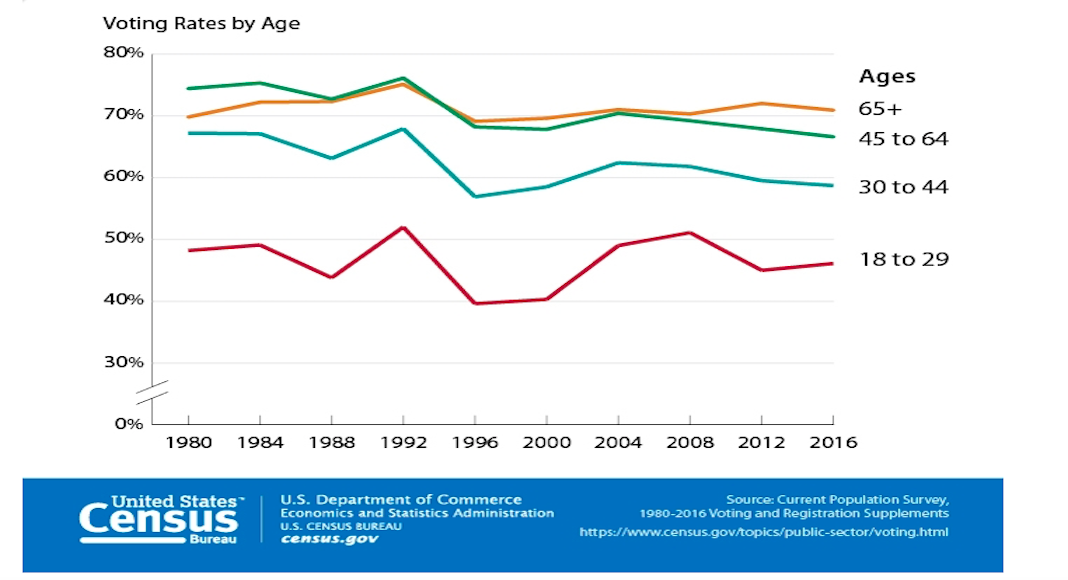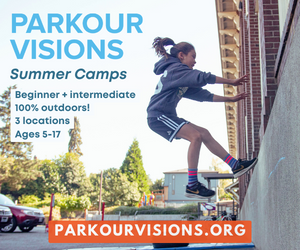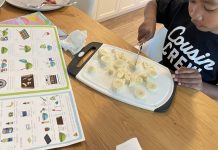Some kids love politics and civic engagement and some kids don’t care. For the kids that don’t care, I still think it’s important to engage in the discussions, albeit briefly so their minds can digest it.
I struggle with this a bit as I remember the dread I felt when my parents made me watch debates. It wasn’t unlike the boredom I felt when going to church and I knew there was no getting out of it. Like many things I dreaded as a child I eventually embraced them as an adult (see: vegetables).

There are many reasons to love the mail-in voting we have here in Oregon, and one of them is that it allows us to involve our kids in the process. They can see the ballots, they can read the voting pamphlets, and they can learn about candidates and proposed measures.
Like many families, we spend the bulk of our political discussions talking about the national races. They are aware of the presidential candidates and can name the more widely-known Supreme Court Justices. We have started incorporating local news into our digital diets (anything to get away from Fortnite), and it has been raising some good questions about local politics. My kids know who the Mayor of Portland is, but they don’t know who his opponent is. We are learning.
Make It Relatable
Local news helps start a discussion, as does simply picking up on the topics close at hand. For example, there are some homeless camps near our house, and when we discuss our feelings on the matter, we can incorporate what each candidate proposes as solutions to the problem. When my kids heard TikTok was becoming a political issue, it got their attention.
This election season, when the ballot arrives in the mail, I will talk with my kids about the candidates and the measures we are voting on. There are always some measures I didn’t know about and I have to educate myself on the issues. I plan to have each of my kids pick something that might be interesting to them, and we can research it together. My middle schooler is learning about media literacy; it has been interesting watching him process the idea of bias – he’ll get to put his work into action as we review the issues on the ballot.

Another topic I plan to bring up at the dinner table is voter engagement. There are lots of charts and statistics on voter participation; I anticipate my kids will be surprised when they find out that less than 50% of people age 18-29 voted in the last national election. I plan to ask them why they think that might be the case, why they think it is that the older you get the more likely you are to vote. If I’m feeling very adventurous, I might suggest we compare voting participation in other countries. However, I won’t make promises; I’m still re-learning decimals and that’s taking up a lot of my time lately.


















